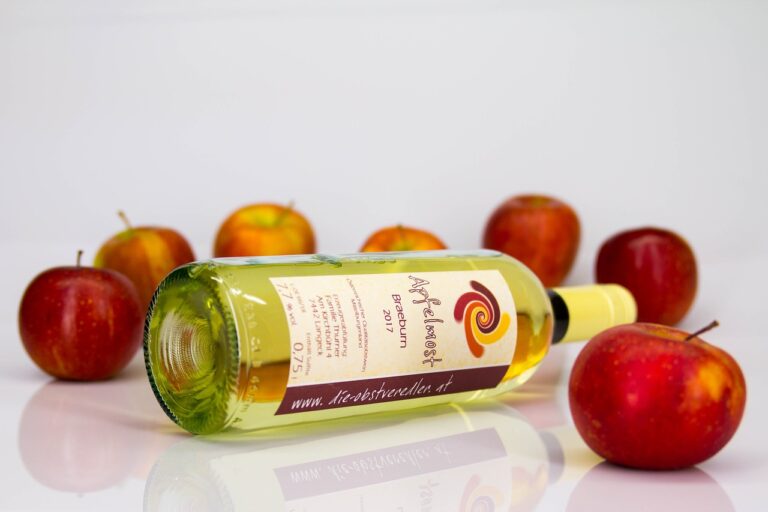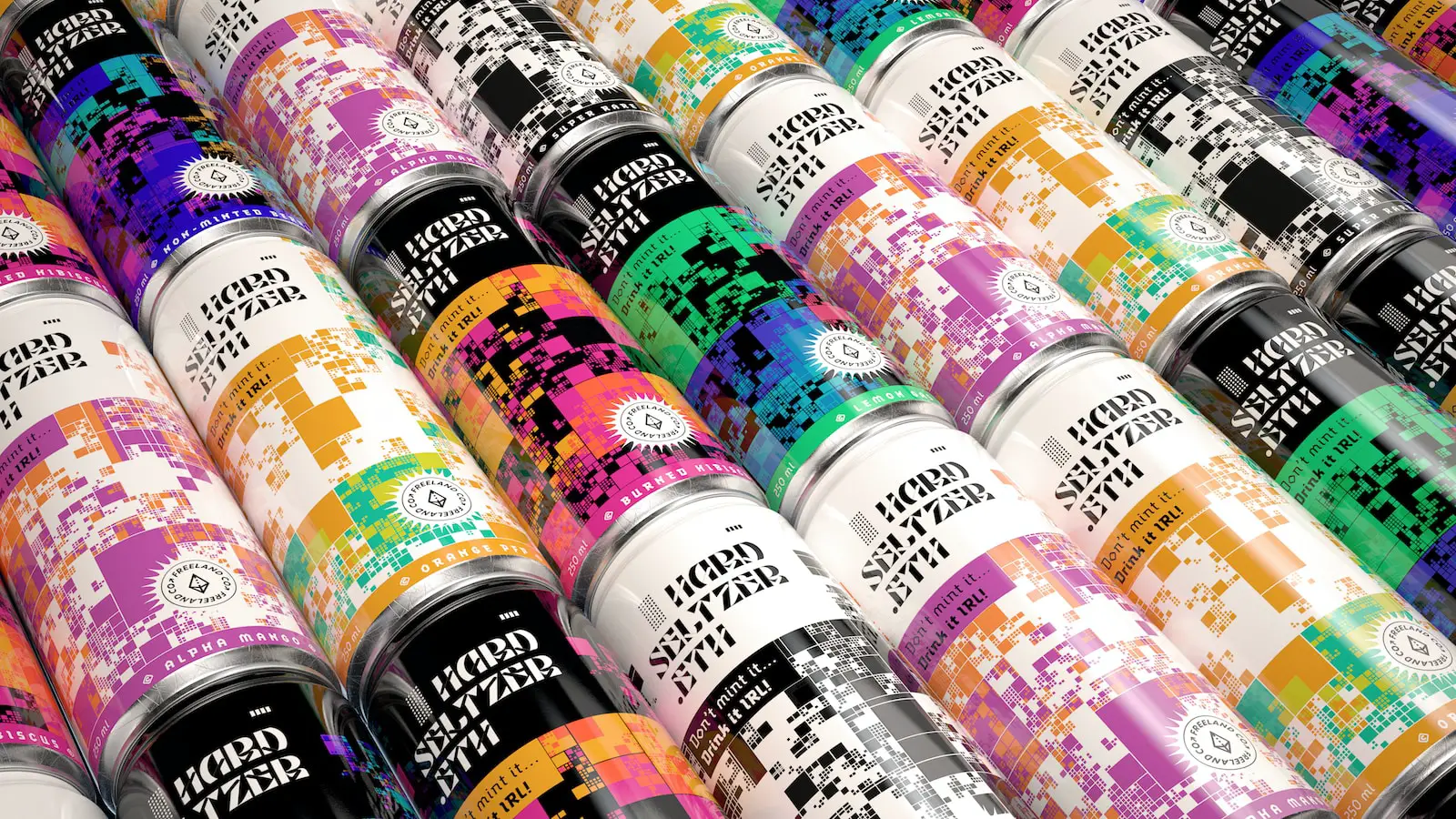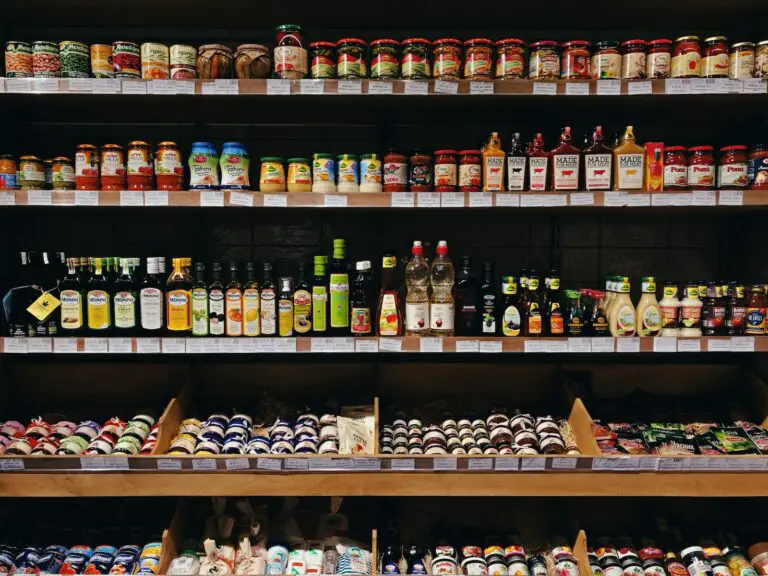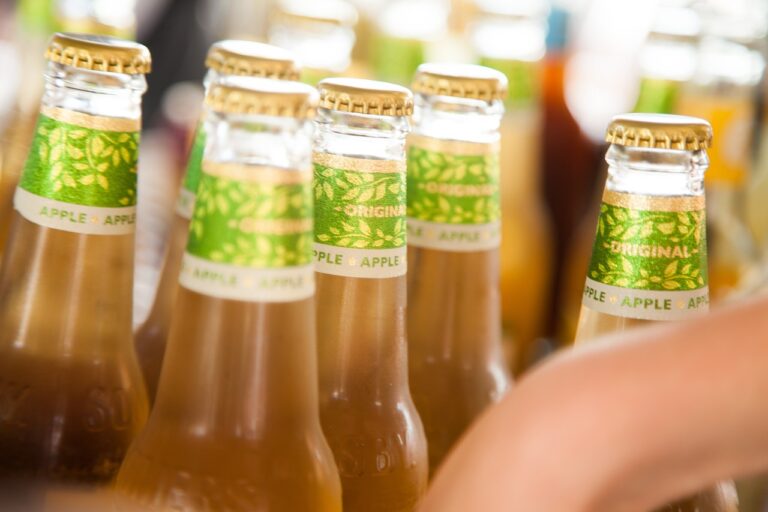As we all know, we can find several varieties of beers available in stores these days.
Many traditional breweries have altered their fermentation process to allow new types of beer to be produced.
A great example would be sour beer, which is something different than any other beer you have tasted in the past.
These beers have the same alcohol concentration as any other, but they do taste much different.
Today we will check if these sour beers are gluten-free.
Many people suffer from gluten intolerance, which is a disease with several obnoxious symptoms.
If you know you have a gluten intolerance, it’s better to consume beers that are known to be gluten-free.
However, sour beers are not that easy to become gluten-free, and it’s up to you to learn more about them and make your own decisions.
What Are Sour Beers?
Sour beers are the ones that intentionally acquire a tart, acidic, and sour taste during their fermentation process.
Belgian, German, and Dutch beers can become sour beers if they pass through a certain level of processing when being fermented.
For instance, when you change the fungi to Lactobacillus and Bretannomyces, you have more chances to have an acidic reaction in your beer barrel.
That will easily lower the pH within the beer barrels and ensure that you have a perfect sour beer.
However, it will take much more time for such sour beer to mature, so you need to know it in advance to ensure the continuity of beer production.
Can You Easily Find Sour Beers in Bars?
European bars and restaurants usually have one or two sour beers on their menus.
It’s hard to find them anywhere else outside Europe, but lately, we have seen some imported sour beers in the North American markets.
On the other hand, there are some American breweries that have been trying to create sour beers.
They are successful since they have managed to export their sour beers to other countries and become profitable.
Specifically, American Wild Ale remains one of the best sour beers in the market and can give you the best aftertaste of all.
It’s the most impressive effort of American breweries to produce quality sour beers that would last in time.
Do Sour Beers Have Malt?
Most sour beers have malt. That is why there is no chance of having a gluten-free sour beer.
Gluten is the main protein that exists in the shells of the grains and crops like malt and barley.
There are few types of grains that modern technology has managed to remove that gluten protein.
Flour made from gluten-free grains is quite expensive and used to create gluten-free bread and cookies rather than fermenting beer.
It would be cost-inefficient to produce gluten-free grains for beer wart, and that is the reason sour beers are not gluten-free at all.
Why are Sour Beers Not Gluten-Free?
As mentioned before, sour beers contain barley and malt; both are rich in gluten. You cannot expect them to become gluten-free, and if you have gluten intolerance, it’s better to avoid consuming sour beers.
On the other hand, sour beers have more lactobacillus inside to complete the fermentation process. These fungi are easy to produce small quantities of lactic acid.
It will lower the pH and also increase the gluten content in any sour beer. It’s not wise to consume much sour beer when you know you can’t have gluten, as you may worsen the symptoms of your gluten intolerance.
Do Sour Beers Have Barley?
Most sour beers have a combination of barley and malt. These two grains are the most abundant in Europe and North America.
These are the places where the majority of breweries producing sour beer exist.
As a result, the presence of malt and barley in sour beer is common, and you cannot expect to have a gluten-free beer when the presence of these grains is effective.
Some sour beers that have a lower concentration of barley and malt could also have a lower gluten content. However, it’s rare to find them, and you better find some other gluten-free beer to consume.
Can Sour Beers Have Dairy Products Inside?
Some brewers prefer to add some lactose when the fermentation process is close to coming to an end.
Even though lactose cannot get fermented to alcohol, small portions of lactose are present in the final beer product.
As a result, you will have a slight lactose and dairy product taste when you have a pint of beer.
The effect of lactose has to do with the fight against the sweet and tart flavors of beer products.
People with gluten and lactose intolerance should avoid consuming such beer products and expect no flair-ups to their inflammatory syndromes.
How Do I Know If My Sour Beer is Gluten-free?
If you manage to find a gluten-free sour beer, then you will know it from the package.
Most brewers prefer to have a written notice on the bottle or can inform the consumers about the gluten-free content of their beer.
A sour beer that is gluten-free is hard to find.
It would require to have grains that are gluten-free and thus extremely expensive.
So the final price would be a red flag indicator to show you that you are drinking a gluten-free sour beer that is so rare to find in the market.
Why Does Everyone Like Sour Beers?
The real reason sour beers are more popular than regular ones has to do with their alcohol concentrations.
Such beers remain in the low 3% ABV meaning that you can have multiple bottles of sour beer without getting drunk.
On the other hand, their light taste is ideal for a hot summer.
So you can consume more beers without having the effects of drinking, and sour beer is also milder for your stomach.
Final Words
Sour beer remains a gluten-rich product in most cases.
It’s better to have more chances to drink it cold and ensure that you suffer from no gluten intolerance to preserve your health.










